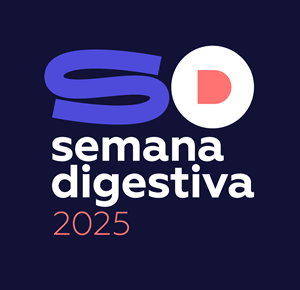Material and Methods: This was a multicenter retrospective study involving two Portuguese tertiary centers. Data were collected from the medical charts of all consecutive patients with symptomatic ZD who underwent Z-POEM. Outcomes included symptoms assessment with the Kothari-Haber Scoring System (KHSS), procedure-related adverse events (AE) and length of hospital stay.Results: Eight patients (6 men and 2 women, mean age 73.1 years [SD 14.5]) underwent Z-POEM. Mean size of ZD was 31.9 mm (SD 10.5). Patients had a mean duration of symptoms prior to the procedure of 37.8 months (SD 26.4). The mean pre-procedure KHSS was 4.6 points (SD 2.5; range 2-10), with dysphagia and regurgitation being the most frequent symptoms. Two patients had been submitted to standard diverticulotomy. All procedures were performed under general anesthesia with orotracheal intubation. The technical success rate was 100% and the mean length of hospital stay was 2,9 ± 0,6 days.After 7-14 days, 7 of 8 patients were asymptomatic (KHSS 0), with 1 patient scoring for dysphagia for solids. All the patients (n=5) reaching 1-3 months of follow up, remained asymptomatic (KHSS 0). No AE occurred.Asymptomatic subcutaneous emphysema occurred in 2 of 7 patients. The mean follow-up after discharge was 3.4 months (range: 0,03-9).Conclusion: Endoscopic management of Zenker’s diverticulum using POEM is an effective and safe technique, even for previously treated patients. Long-term follow-up and comparative studies with other treatment modalities are needed.

 Semana Digestiva 2025 | Todos os direitos reservados
Semana Digestiva 2025 | Todos os direitos reservados